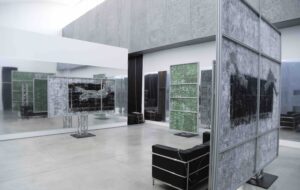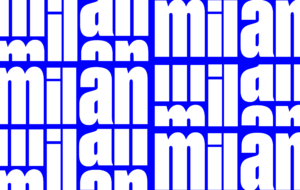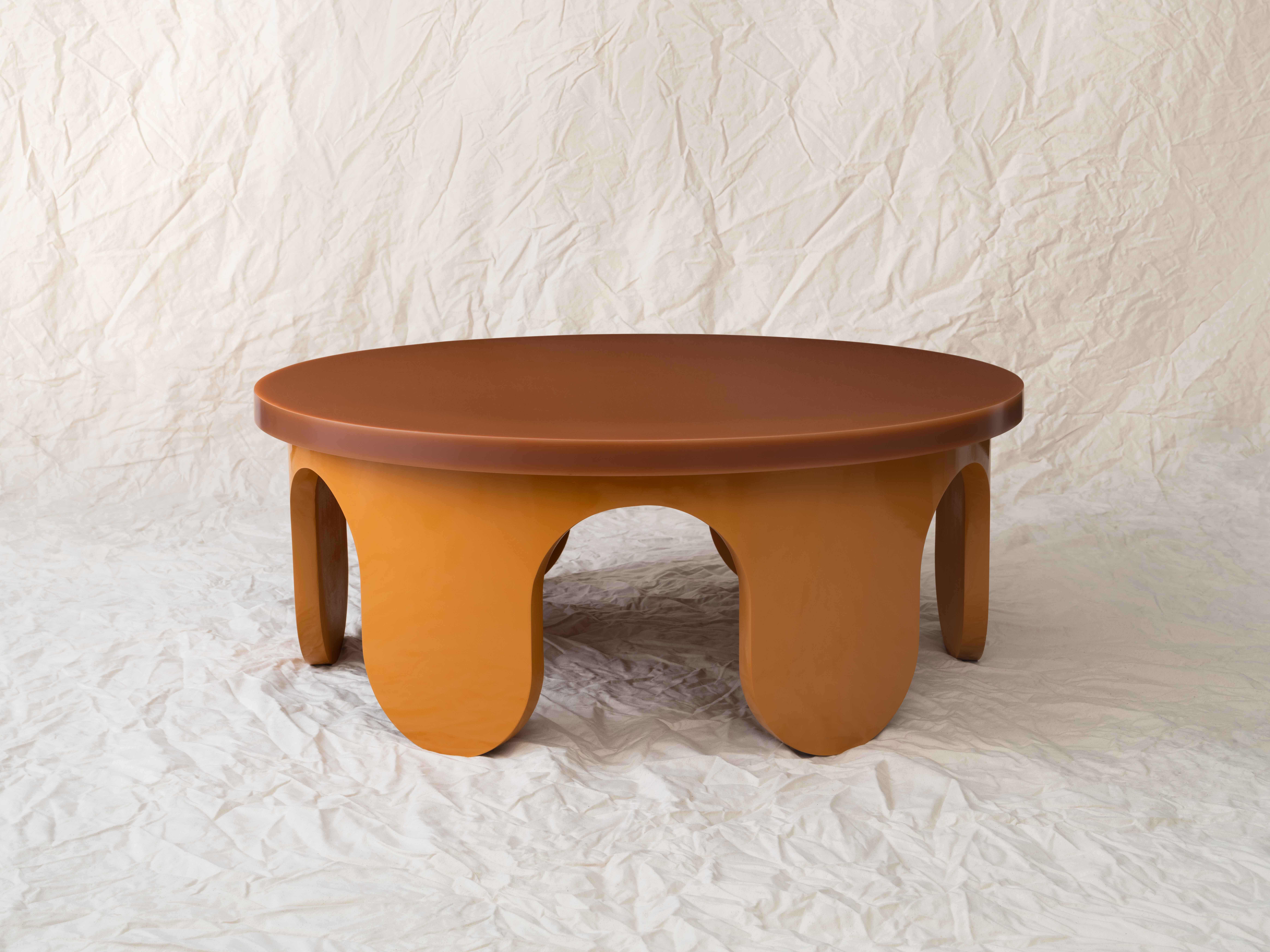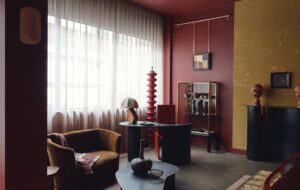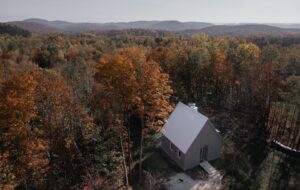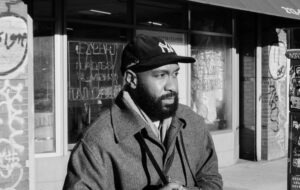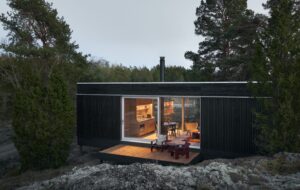|
|
||
|
In 1873, the writer of a broadside ballad called Prophecy for 1973 speculated that a century later children would be hatched by steam and there would be no need for policemen. The artist Jeremy Deller’s new show uses archive material to look at the real and imagined legacy of the Industrial Revolution and how it plays out in a contemporary Britain dominated by service and leisure industries – and curiously devoid of hatched children. Deller riffs here on themes familiar from all his work, including the role of music in channelling social change, and that of folk art in shedding light on marginal groups. The exhibition’s tour of the north of England reflects the fact that much of the archive material is from the former industrial cities. Running through the show is Deller’s obsession with the self-made man, a theme that reveals his ambivalence towards what we have lost – as well as reminding us of the artist’s own path from Warhol protégé to representing Great Britain at the Venice Biennale this year. Figures such as James Sharples, a self-taught painter whose nativity-inspired The Forge in 1848 shaped the Industrial Revolution in the popular imagination, brush up against Happy Mondays frontman Shaun Ryder, whose family tree is laid out to illustrate the transformation of work. Deller sees coal miner turned professional wrestler Adrian Street as “emblematic” of Britain’s move from production to consumption, describing him in the catalogue as “part prodigal son, part prophet from the future”. Street is as exotic a vision as promised by the writer of 1973. In the 40-year-old photograph, taken by Dennis Hutchinson and proposed by the subject, Street poses next to his coal-miner father inside a pit, in platforms, feather boa and a shiny spandex and satin get-up. His father, dirty-faced, in overalls and hard hat, stares at him aghast; three fellow workers stare through the cage. Deller’s video of Street doing his daily treadmill workout while watching a montage of his career on a giant video screen, accompanied by the Eurodisco classic Mr Vain, shows us how visions of empowerment in the work of artists like Sharples are now comic fantasies of domination and individual triumphalism. The most intriguing thread is also the most contemporary. Ben Roberts’ photos of Amazon’s “fulfilment centres” (Icon 124) pepper the room, to remind us how working conditions remain an ongoing battle. The giant warehouse in Rugeley seems as inhuman an environment as that in John Martin’s The Destruction of Sodom and Gomorrah (also presented in the show). Deller’s unwillingness to explore new developments, outside a few pieces such as a Motorola worker-monitoring device and a new Ed Hall banner, is disappointing. The prophecy of the show’s title, taken from The Communist Manifesto, seems most relevant here. Perhaps highlighting our complicity within the digital economy as consumers would be too accusatory in an exhibition that explores how far we’ve come. Deller clearly wants the archival material to speak for itself, but so much of it – the pictures of miners commissioned by a factory owner and the broadside sheets in cases – piques interest only through explanatory blurbs. The documents and paintings in the show are centripetal to the few original – and brilliant – pieces by Deller himself. His video of the Prophecy for 1973 broadside being sung, interspersed with readings of historical accounts of labouring, and footage of normal life from 1973, unites all the show’s themes in under 15 minutes. A jukebox plays a song sung by quarry workers, who used the breaking stones to keep time. Most of the gallery visitors avoided the jukebox, despite the artist’s exhortations to play with it. The sound overwhelms the room and hints at how exciting the exhibition could have been, if Deller had been more willing to confront the audience. All That Is Solid Melts Into Air, Hayward Gallery touring show, Nottingham Castle, Nottingham 31 January – 21 April 2014; Mead Gallery, University of Warwick 2 May – 21 June 2014, Laing Art Gallery, Newcastle 12 July – 26 October 2014; |
Credit Dennis Hutchinson
Words Zakia Uddin |
|
|
||


